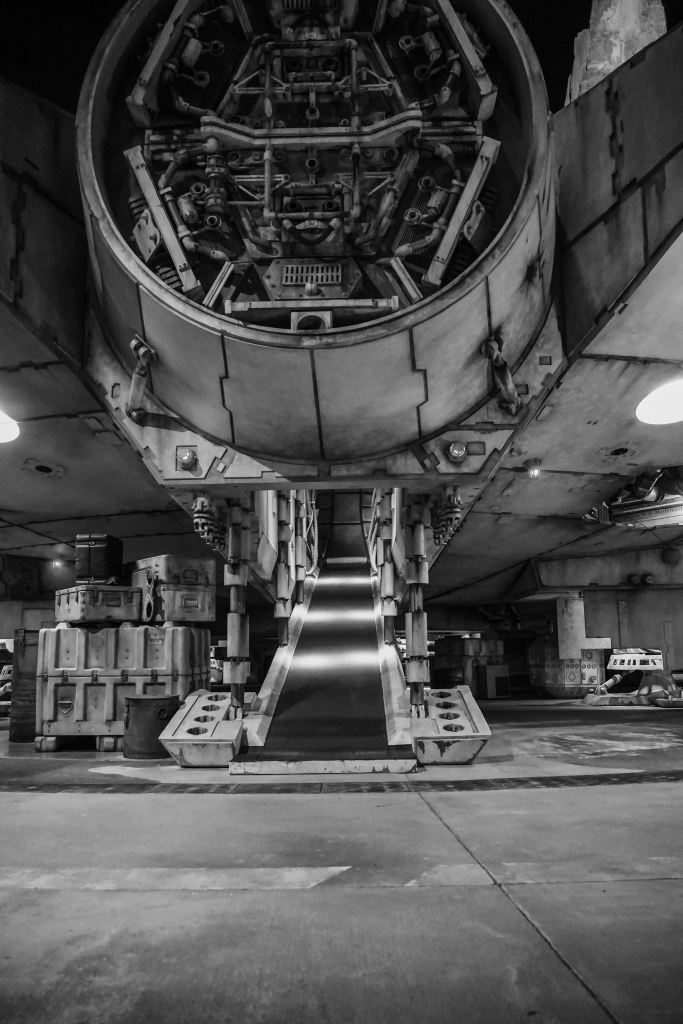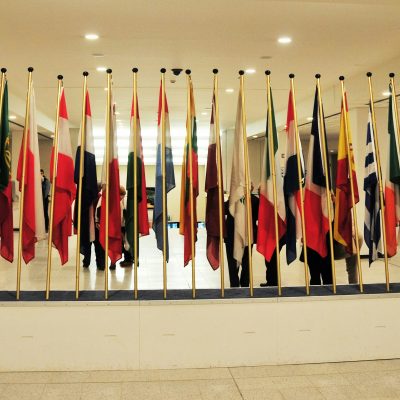Ukraine: a model of future warfare?

The war in Ukraine encompasses various forms of conflict: the slaughter of World War I, the war of drones and hypersonic missiles, information warfare, not to mention the atrocities committed against civilians which come with any armed confrontation. Looking to the future, does this war herald a warfare model that would force Europeans to completely overhaul their military stance? This seems to be the lesson learned by NATO regarding the absolute urgent need to prepare for “high-intensity conflicts”, to increase defense expenditure substantially, to grow the number of reserves, to fill in the colossal gaps in weapons and ammunition, and even to shift to a “wartime economy”.
It is clear that lessons had to be learned from the conflict. Yet the current Western unanimity regarding the oncoming high-intensity warfare does, nevertheless, raise questions.
Firstly, in the last twenty years, we were right to neglect conventional warfare and shift the focus to external operations. This development from territorial defence to external operations considered the major strategic reality of the time: the disappearance of the Soviet threat. Everywhere in Europe and in the USA, emphasis was placed on anything other than defending the Oder-Neisse line, and rightly so. Contrary to the most doom-mongering comments, it is not a scandal that we are lacking ammunition and battle tanks, as highlighted in a recent report issued by the French National Assembly. At best, we could criticise military strategists for believing that this post-Cold War strategic equation, implying the end of frontal conflict in Europe, would last indefinitely.
Secondly, the pendulum swing back to what we have neglected in recent years, namely high-intensity warfare, seems somewhat radical. Should we restrict our security and outlook to the European arena? Should we stop resources for external operations, with a view to stabilising conflicts in the South or combatting terrorist groups, because of Ukraine? For a country like France, such a concentation would not be reasonable, and the right balance must be struck in military programming.
Yet above all, what would this threat be, for which we should prepare for major wars in Europe? Russia? Vladimir Putin’s army is not even capable of conquering the Donbass region! How many days could it withstand all European and US forces, should it decide to invade a NATO country? NATO’s superiority in terms of conventional forces and warfare technology has become unquestionable. Moreover, if Russia decided to invade an EU and/or NATO country – a scenario feared in particular by the Baltic States – wouldn’t it be forced to reconsider given the threat of the USA launching nuclear deterrence?
And if not Russia, what are the other threats of an invasion of Europe? Turkey could attack Greece, but the USA has managed this conflict for decades, prohibiting any attempts. Who else? We can therefore reasonably entertain a few doubts about this scenario of major warfare in Europe, if we take a step back and consider the reality of the threat as it currently stands.
This is when a worrying explanation comes into play. NATO’s purpose is to defend all Member States against an armed attack, with conventional forces and ultimately the US nuclear guarantee extended to Europe. Is its doctrine changing behind the scenes? As we are sure to win the conventional battle, are we tempted to fight it? Are we shifting from a doctrine of “no first use”, i.e. a stance in which nuclear deterrence would only be effective for nuclear attacks, which would leave options open for purely conventional warfare options? No serious strategic debate has been conducted to date on the development of nuclear deterrence, in France and within NATO. There is, however, an urgent need for such a debate, even if only to understand this new doctrine of inevitable conventional major warfare, for which armies are both the champions and the recipients.




